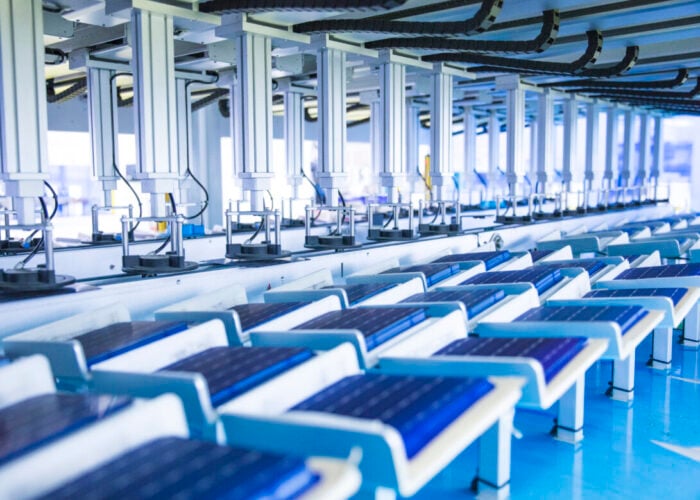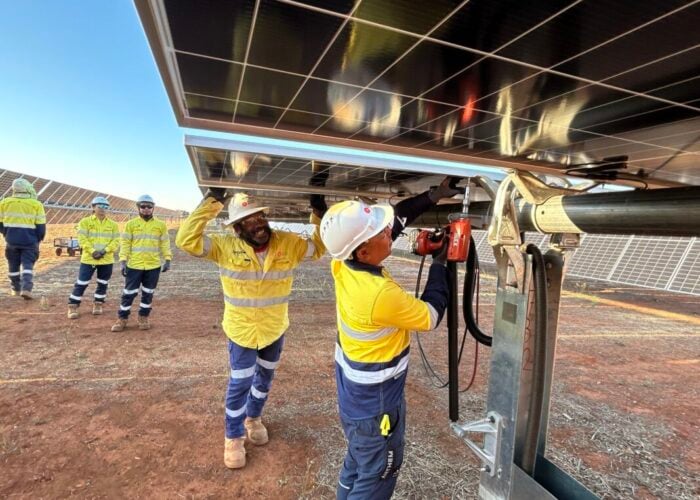In January, SunRun published a report explaining how local governments inadvertently drive up the cost of installing solar projects on a home. Between local solar permitting and inspection processes, a home installation was costing, on average, an additional US$2,500. Six months after its initial report, SunRun has revealed a new study published by Aecom, which confirms how a simpler solar permitting process can potentially generate more than US$5 billion in new growth for the state of California.
Aecom reviewed the economic and fiscal effects of a streamlined local government permitting system for solar installations on California homes between 2012 and 2020. Among other findings, the study found that if the state were to change to Aecom’s proposed streamlined permitting process, homeowners in the state would install an estimated 132,000 additional systems, which equals a 13% increase relative to market projects that are based on existing permitting practices.
Try Premium for just $1
- Full premium access for the first month at only $1
- Converts to an annual rate after 30 days unless cancelled
- Cancel anytime during the trial period
Premium Benefits
- Expert industry analysis and interviews
- Digital access to PV Tech Power journal
- Exclusive event discounts
Or get the full Premium subscription right away
Or continue reading this article for free
Furthermore, a simplified permitting process could theoretically produce a US$5.1 billion boost to the California economy between 2012 and 2020 because of the incremental growth and added savings the streamlined process would create. Aecom predicts that nearly 3,900 full-time jobs would be added under the study’s model and that California as a whole, along with its individual cities and counties, would gain around US$270 million in revenues from increases in sales, property and payroll taxes.
“These findings are tremendous for local governments because they offer a low-cost way to add billions to the economy,” said SunRun Director of Government Affairs Ethan Sprague. “Solar permitting guidelines already exist and it's just a matter of putting them to use. Governments that streamline their permitting processes sooner will generate a bigger economic impact in the long run, more permanent local jobs, and allow more families to save money by switching to solar.”
Aecom’s study noted that California has several different permitting processes across its different jurisdictions. The long and costly government process makes up five to 20% of residential solar installation costs depending on the size and intricacy of the system. Aecom hypothesizes that if local governments adopted a streamlined and uniform permitting process, total permitting costs would potentially drop by around 76%, costing only US$600 per solar installation instead of US$2,500.
Moreover, Aecom’s model outlines how the state would gain almost US$211 million in additional revenues from a simplified permitting system, which would essentially give cities, counties and school districts over US$36 million and US$25 million, respectively.
“A critical aspect of these findings is they apply beyond California,” added Sprague. “Any local government can boost the economic impact of solar through streamlined permitting, and there's a funding opportunity from the DOE to help make it happen.”






